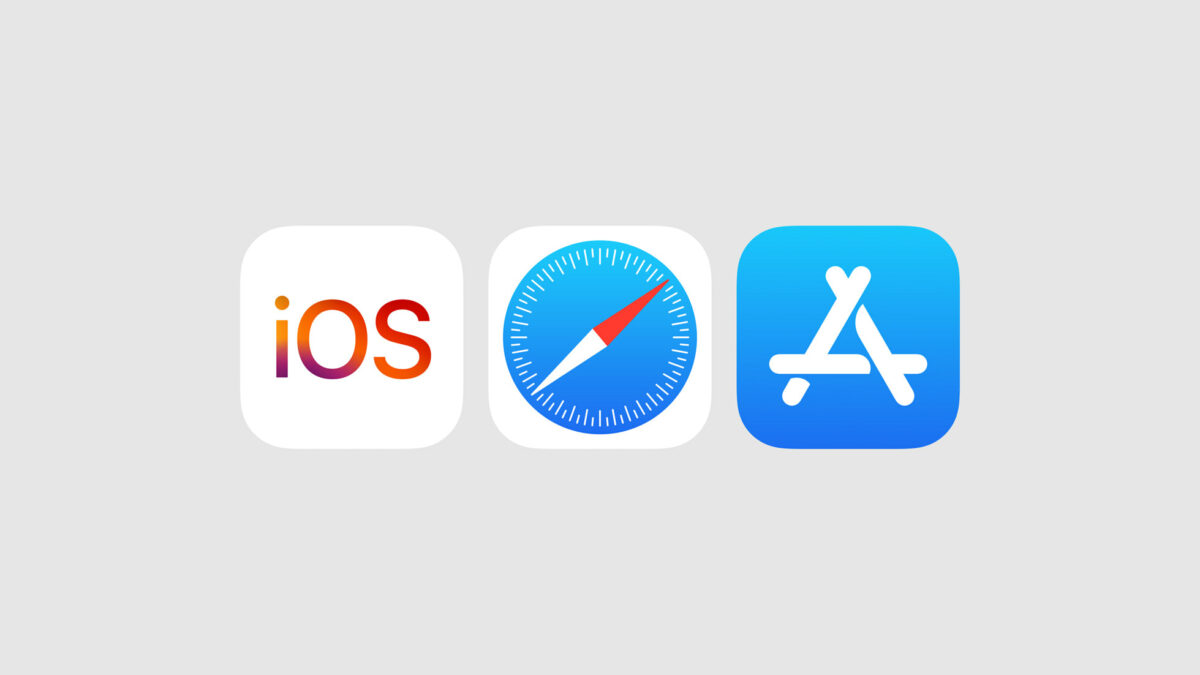
Is Apple Revolutionizing the App Ecosystem with Digital Markets Act in the European Union?
Introduction
Apple has recently announced significant changes to the rules for developers releasing apps on iOS in the European Union, in response to the Digital Markets Act (DMA) set to take effect in March. These changes mark a major shift in the iPhone app ecosystem, allowing for the first time the use of third-party stores on iOS. Let’s delve into the details of what will change and how it will impact developers and users.
Technical Changes and APIs
Apple’s latest announcement brings about a wave of technical enhancements, notably introducing a whopping 600 new APIs along with advanced analytical tools. These changes signify a significant leap in the capabilities available to developers.
One major stride is the newfound support for alternative engines, applicable to both browsers and apps. This means developers now have the flexibility to explore and implement engines beyond the conventional, opening up avenues for innovation and diversity in user experiences.
Furthermore, Apple introduces new modules designed to foster additional interoperability between apps and the broader spectrum of hardware and software. This move is poised to streamline the development process, enhance cross-functional capabilities, and ultimately contribute to a more dynamic and interconnected app ecosystem.
Notarization and Security
Apple enhances iOS security through a meticulous app notarization process, blending automated and human review for comprehensive scrutiny. During notarization, developers provide vital app details via information sheets, promoting transparency.
Dedicated permissions are introduced for developers on third-party stores, ensuring adherence to basic security standards. Additionally, robust protections are in place against malware, safeguarding users and reinforcing Apple’s commitment to a secure app environment
User Choices
Apple is giving iOS users more control:
- Users can now set their default browser directly from the Safari startup screen in iOS 17.4.
- The App Store now supports new third-party payment options, providing users with increased flexibility and potential cost savings.
- Clear information is provided to users about payments not managed by Apple, ensuring transparency in decision-making.
Fees and New Costs
Apple is making changes to how developers are charged:
- Developers handling their own payments will pay lower fees, allowing them to keep more of their earnings.
- If developers use Apple’s payment system for App Store transactions, a 3% commission will be applied to digital goods and services.
- For apps distributed on alternative stores, developers will incur a Core Technology Fee, providing flexibility but with additional costs.
Developer Evaluation
For a small developer, these changes bring both opportunities and challenges. The ability to use alternative app stores and payment systems provides more flexibility, potentially reducing costs. However, navigating the complexities of notarization, security requirements, and the various fee structures may pose challenges. Larger developers may find the reduced commissions and additional options beneficial, but they must carefully evaluate the impact on their existing business models and user experiences. Overall, these changes represent a significant shift in the app development landscape, with potential benefits for developers willing to adapt to the new rules.
Fee Calculator Information
Apple has provided a Fee Calculator to help estimate how different models may apply to businesses on iOS in the EU.
Conclusions
Apple’s announcement marks a pivotal moment in the evolution of rules for app development and distribution on iOS. As the European Union adopts the DMA to regulate Big Tech practices, developers face new opportunities and challenges. It remains to be seen how this revolution will influence the app landscape and whether other countries will follow the EU’s example in adopting similar rules.